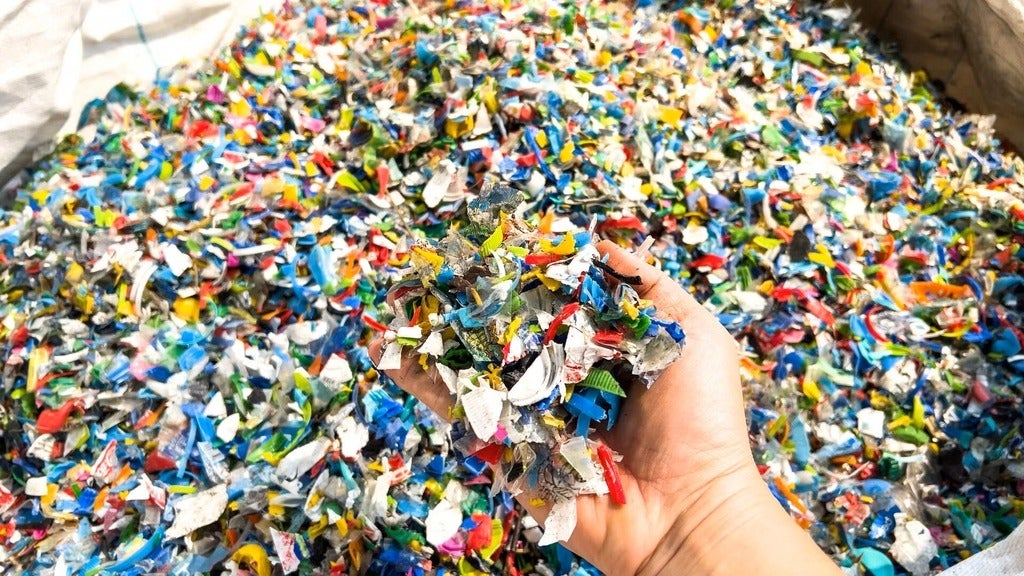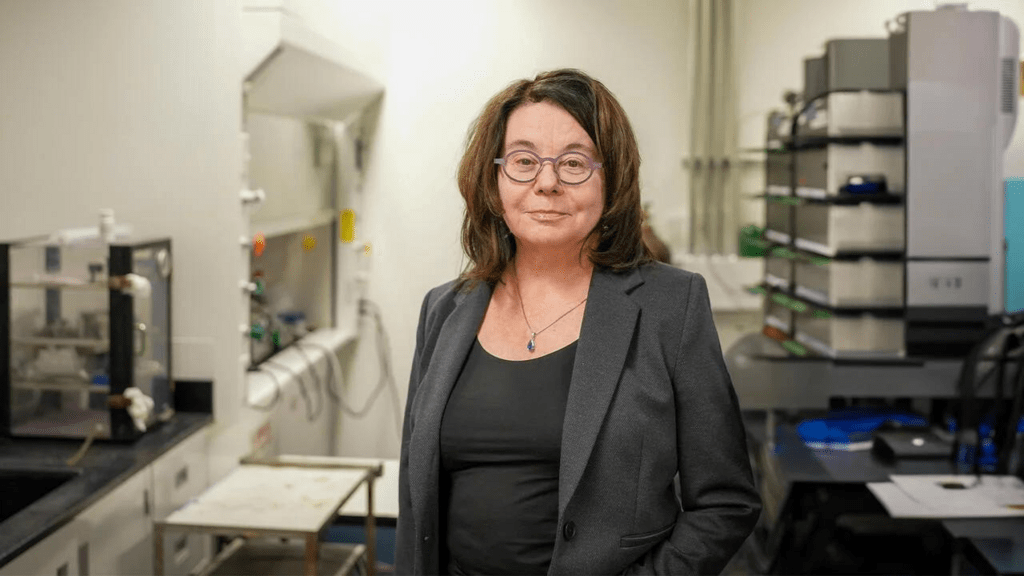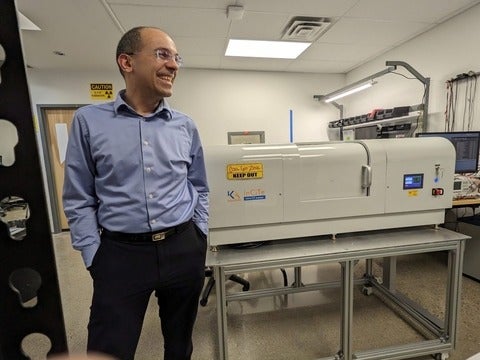WIN Seed Funding Fuels Breakthrough Research in Sustainable Materials
WIN is spotlighting Dr. Yimin A. Wu’s seed‑funded research, which uses nanotechnology to break down and repurpose plastic waste, advancing Waterloo’s sustainability goals through the Global Futures Initiative.


